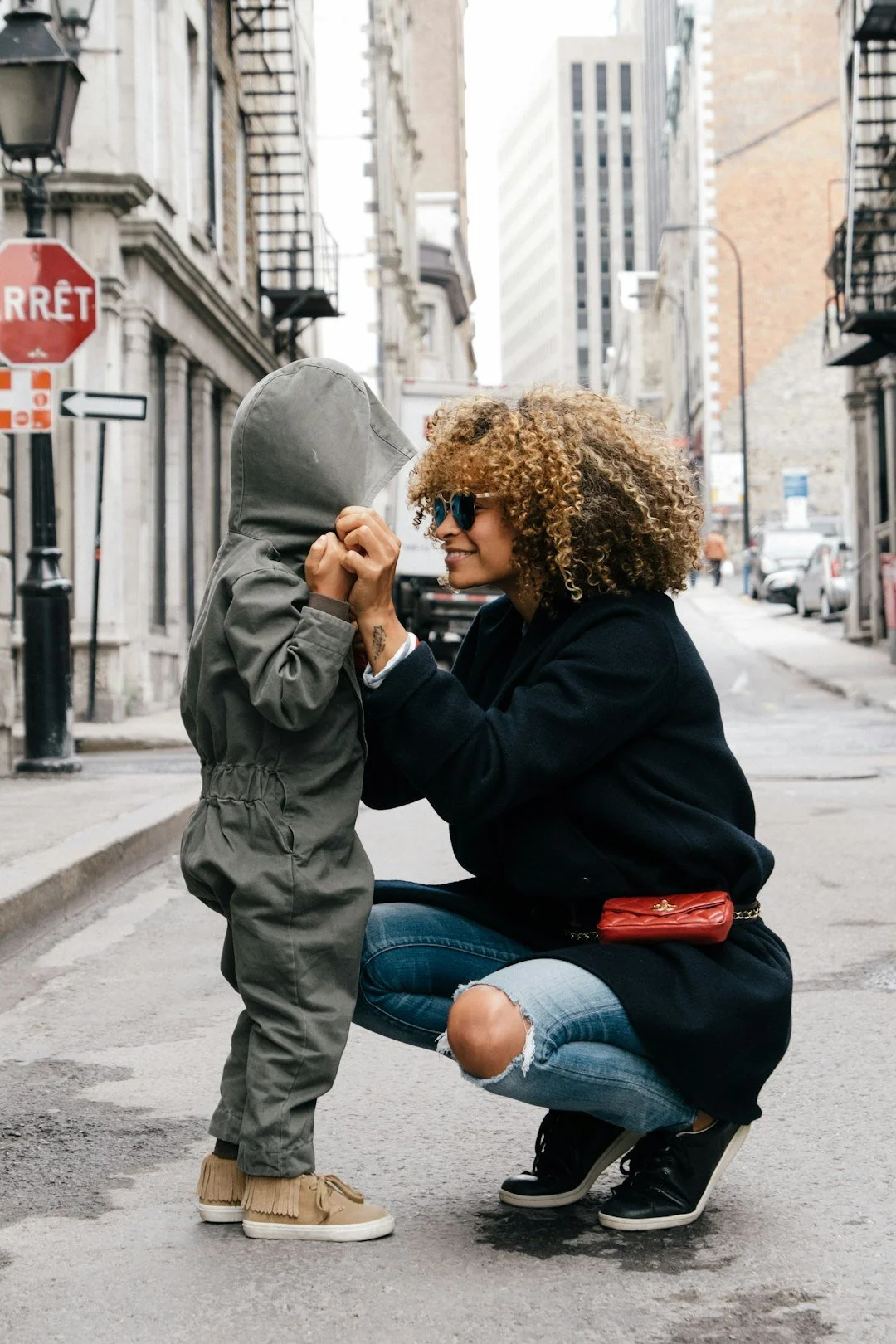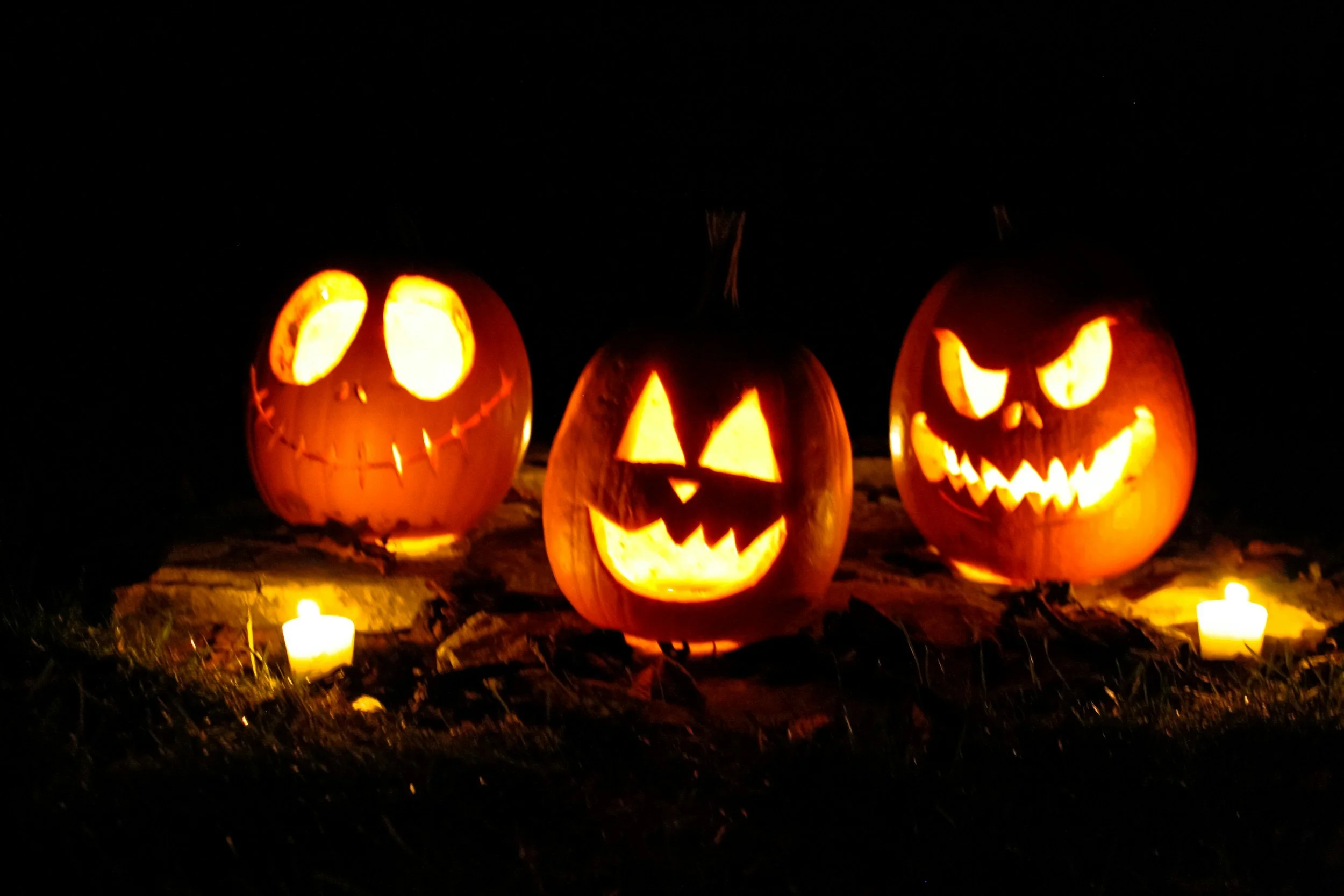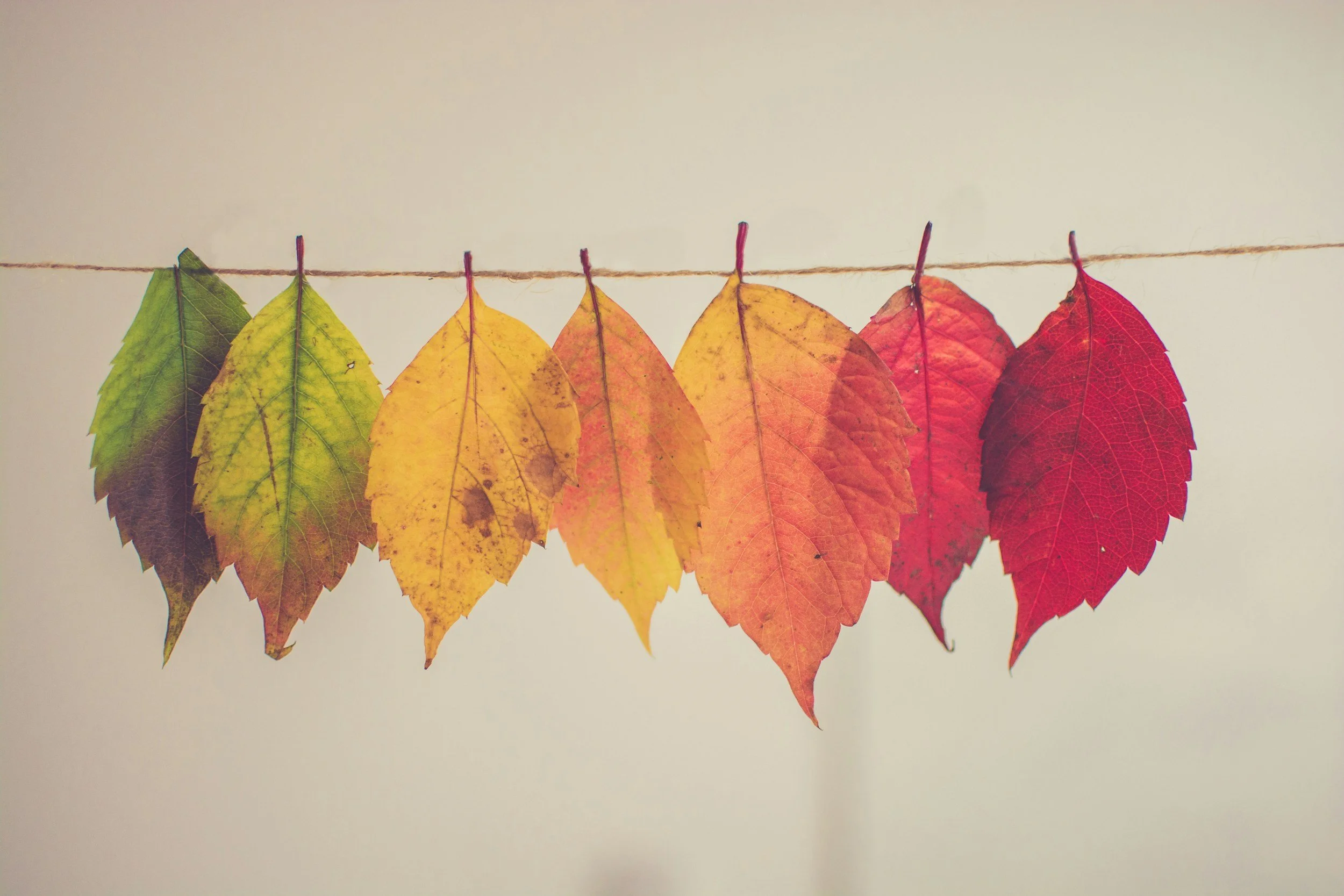
Itchy Sweater Season: Navigating the Space Between Who We Were and Who We've Become
The holiday season approaches!
A magical time when many of us are asked to do the impossible: attend a myriad of events, each with a homemade dish to pass, a smile on our face, and somehow do it all while wearing clean clothes. Not only that, but we are expected to appear well-rested and ready to answer questions about why we haven’t gotten married yet, or how work is going over and over until it becomes a well rehearsed script that we can say while simultaneously thinking about how itchy our sweater is

Motherhood and Anxiety: Why You’re Not Alone in Feeling Overwhelmed
Motherhood is often described as beautiful, fulfilling, and full of love — and while all that can be true, so can the anxiety that quietly comes with it. Between juggling schedules, sleepless nights, career demands, and the constant mental load of making sure everyone’s okay, it’s no surprise that so many mothers experience anxiety at some point in their journey.

How Perimenopause Affects Your Mental Health: Navigating Mood Swings and Stress
Perimenopause is the transitional period leading up to menopause; it can be a time of profound physical, emotional, and psychological change. While most people are likely familiar with the physical symptoms such as hot flashes or changes in menstrual cycles, fewer conversations address the emotional side of perimenopause: the mood swings, irritability, anxiety, and stress that can arise as hormone levels fluctuate.

Choosing a Costume, Choosing a Self
Halloween is not just about candy; it is a night where you can step into someone else’s shoes. The costume you pick can say a lot about how you see yourself, who you want to be, and the world around you. Think about your costumes this year (and in the past) and ask yourself:
Heroes: Am I dressing up as someone I look up to or admire? What about them inspires me?
Villains: Does my costume bring out parts of myself (or the world) that I find scary or intense? What is it like to put that side on display?

How to Prepare for the Holiday Season: Protecting Your Mental Health
The holiday season is often described as joyful, magical, and full of cheer. But for many people—working parents, teachers, caregivers, and everyday families—the reality is more complicated. Between busy schedules, financial strain, and family obligations, the holidays can bring stress, anxiety, and exhaustion instead of peace.
At our mental health practice, we often see how the pressure of the holiday season affects people who are already juggling so much. The good news is, with some preparation and support, you can approach the holidays in a way that feels less overwhelming and more meaningful.

Understanding Work Anxiety: How to Manage Stress in the Workplace
Work should be a place where you can grow, feel accomplished, and thrive. But for many people, the workplace can also become a major source of stress and anxiety. Work anxiety is more common than you might think, and it can show up in different ways—from racing thoughts before a big meeting, to difficulty sleeping on Sunday nights, to feeling overwhelmed by endless tasks and deadlines.
If you’ve ever felt your heart race before checkin

That September Feeling: You’re Not Alone in the Emotional Shift of the Season
Early September is a season of in-between — not quite summer but not yet fall. With 70 degree days, changing landscapes and crisper air, this in-between space can feel both beautiful and unsettling. The cooler weather brings relief from the hot summer days, but also carries whispers of chilly days and long, dark evenings ahead.

“I Don’t Want to Go to School” - Nerves, or Avoidance?
As summer slowly draws to a close, many of us will be returning to the classroom and opening up textbooks that we haven’t touched in months. For some, this is just the usual routine, maybe even something that you look forward to. For others, the beginning of the school year is a time marked by anxiety, stress, and worry. Some degree of nervousness is normal when someone embarks on a new journey; however, for some students, school anxiety spirals into school avoidance or refusal.

Understanding Financial Stress and Anxiety: A Psychodynamic Perspective
Money stress is something almost everyone experiences at some point. Bills pile up, unexpected expenses appear, and suddenly our stomachs twist in knots thinking about finances. While creating a budget or cutting expenses can help, sometimes these solutions only scratch the surface. If your money worries feel overwhelming, there might be deeper emotional roots, this is where a psychodynamic approach can offer insight (McWilliams, 2011). Psychodynamic theory focuses on the unconscious mind and how early experiences shape adult behavior (Freud, 1915; Fonagy & Target, 2007). When it comes to money, childhood experiences often play a huge role

Why It’s Okay to Be Tired: Black Women, Rest, and Healing
There’s a specific kind of exhaustion that many Black women carry. It’s not just about being overworked or underappreciated—though that’s often true. It’s a deeper kind of tiredness. The kind that sinks into your bones. The kind that doesn’t go away after a good night’s sleep.

Body Image During Pregnancy and Postpartum
Pregnancy and postpartum is a time where your body is rapidly changing and is out of your control. For new mothers, there is lots of pressure to meet societal expectations of how their body should transform and adapt during such a significant transition. During pregnancy your body undergoes a myriad of fluctuations: weight gain, shifts in your center of gravity, swollen feet, changes to your face and even hair thickening or loss. These rapid transformations can be jarring and are often not experienced as positive especially when they oppose Western beauty ideals.

A Hidden Legacy in Post-Communist Balkan Societies
Addiction is often seen as a condition rooted in biology, trauma, or social environment. Yet one of the most overlooked emotional drivers behind addiction, especially in post-communist Balkan societies, is guilt. Guilt, when internalized over generations and reinforced by cultural norms, can silently fuel the emotional turmoil that leads many individuals to seek relief in addictive behaviors. Guilt is a complex psychological emotion. In its healthy form, it serves as a moral compass, helping us recognize when we’ve hurt others and prompting us to make amends. However, when guilt becomes excessive, chronic, or instilled from external pressures rather than internal values, it can distort one’s self-perception. Instead of serving growth, it becomes a source of shame, self-punishment, and emotional paralysis.

Holding Space for What Hurts
Addiction rarely exists in a vacuum. Beneath the behaviors—whether it’s alcohol, substances, gambling, or compulsive scrolling—there often lies a complex inner world shaped by pain, unmet needs, and deep emotional conflict. And one of the most powerful emotional undercurrents I see in my work with people struggling with addiction is guilt.

When Love Meets Mental Health: How partners’ struggles shape and can deepen the connection
Relationships thrive on emotional intimacy, trust, and mutual support. But what happens when one partner is grappling with mental health challenges—depression, anxiety, trauma, or other struggles? The impact can be profound, reshaping communication, emotional availability, and even the daily rhythm of the relationship. Yet, while mental health struggles can strain a couple’s connection, they can also become a powerful catalyst for deeper understanding, resilience, and even unexpected growth.

Distress About the Body and Body In Distress – Psychodynamic Approaches to Struggles with Body-Image and Body-Functioning
One of the primary concerns that bring individuals from all walks of life into therapy is a problematic, at times painful relationship with their physical self. In some cases we may hate our bodies, or parts of it, subjecting them to harsh criticism, restrictions, and exhausting demands for performance; in others, people may feel betrayed by the body’s capricious states, or by its aging, sickness, injury, “grossness,” and so on. Some of us become anxious, even panicked, when thinking about the physicality of our being, becoming unbearably aware of life and death.

Understanding your role in relationship conflict
Conflict is a natural part of relationships, but how couples handle it can deepen connection or drive couples further apart. Oftentimes couples come into counseling with a long list of problems focused on their partner. If my partner wasn’t so critical, if my partner wasn’t so sensitive, if my partner gave me more affection… we wouldn’t have these conflicts. Conflict is typically co-created and in some cases maintained because it serves some function in the relationship. From a psychodynamic view, resolving conflict starts with understanding how each partner contributes to the dynamic.

Moving towards anxiety: why avoidance keeps you stuck
Anxiety is uncomfortable. It tightens your chest, quickens your breath, and fills your mind with an endless loop of “what-ifs.” Naturally, the instinctive response is to avoid whatever is triggering the anxiety. If a social gathering makes you uneasy, you cancel. If a challenging project at work fills you with dread, you procrastinate. If an important conversation feels overwhelming, you put it off.

How to Cope With Work-Related Stress and Anxiety
At our practice, we understand how job stress and anxiety can disrupt not only your career but your overall quality of life. Whether you're navigating a toxic work culture, facing burnout, or simply trying to keep up, it’s important to recognize when you need support. Our compassionate Chicago anxiety therapists are here to help you reclaim your peace of mind and develop healthy, effective ways to manage workplace stress.